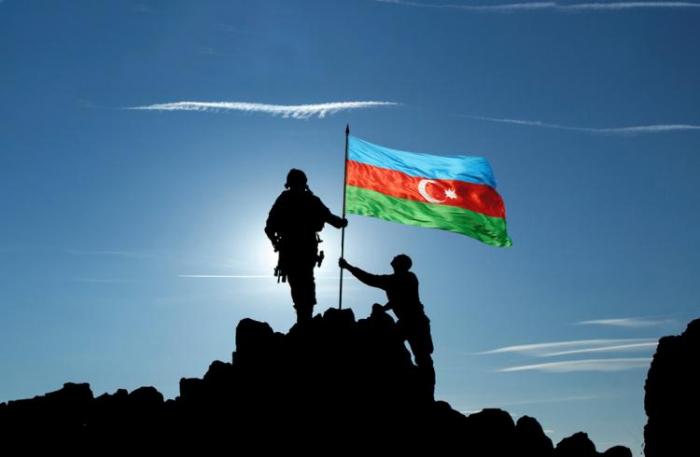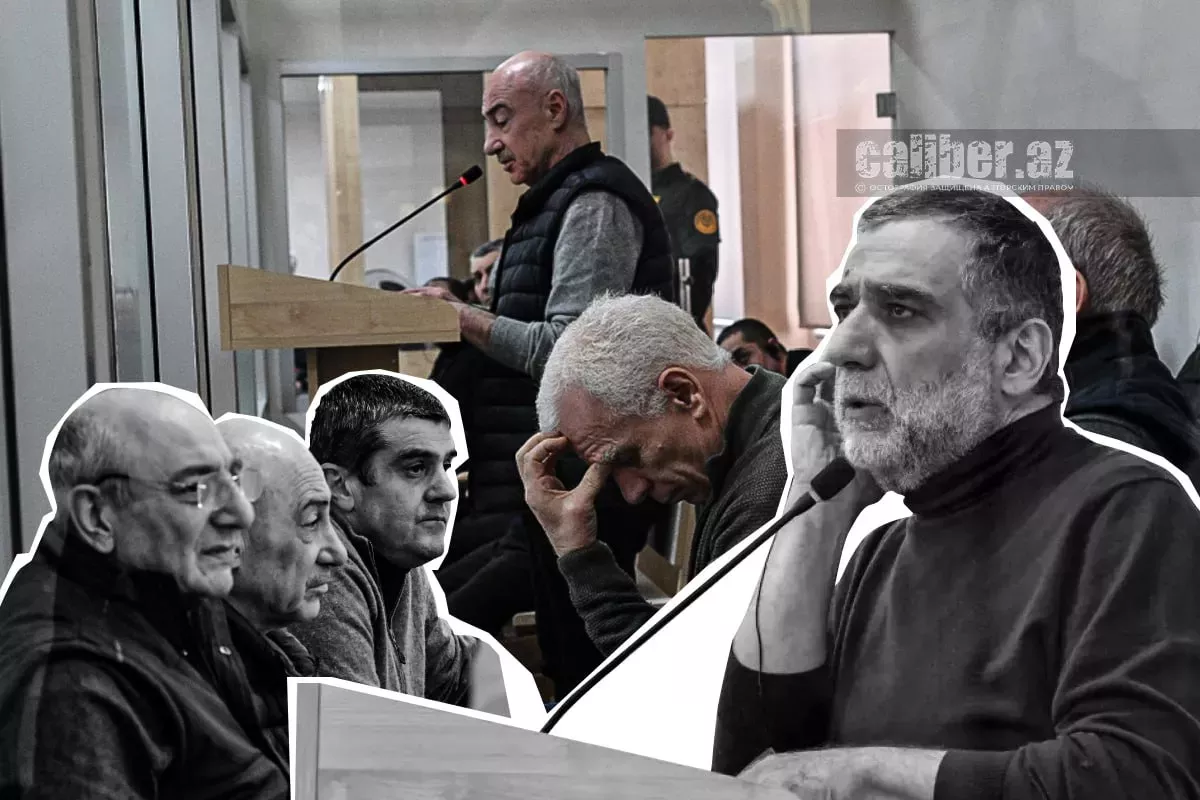What’s next? Reflections on the road to reconciliation
Or rather, that’s not quite right. It would be more accurate to say, “What comes next?”
We stand on the threshold of extraordinary events. Had someone told us about our current tasks 15–20 years ago, our reaction would likely have been: “God grant we live to see those days—then we’ll figure it out.” Well, we’ve lived to see them. And we are figuring it out.
For those who still don’t get it—we’ve lived to see the Great Victory. One could write about it endlessly, and it would never be enough, but I will not continue on that subject. It simply is—the Victory—and it is ours. No one can take it away from us, nor can anyone diminish its significance.

But victories are not achieved merely for the sake of basking in the euphoria of success. As in every conflict, victory is a bridge to the future—one in which, we hope, the sense of military superiority can be replaced by the principle of mutually beneficial cooperation. I have written about the general principles of such an approach before. This time, I would like to focus on one specific aspect of post-conflict resolution—the process of reconciliation between peoples.
I can already foresee the outcry: “It’s different for others. But we and the Armenians have our own unique story—no one knows what scoundrels they are, and our hatred toward them is the most justified.”
To those shouting, I will say this: such cries are nothing new. These kinds of emotions are an integral part of the reconciliation process—when one side, or often both, consider the right to hatred to be inherently theirs—hard-earned and well-deserved. They see it as both a monopoly and an indulgence, and they take great offence when someone disagrees.
I am not comparing, much less equating, our emotions and those of our neighbours. I do not like Armenians. Guilty as charged — I confess. Forgive me, or don’t — I’ll survive. After all, it wasn’t us who barged into someone else’s home demanding a piece of it based on tales and legends known only to ourselves.
But let’s set aside us and the Armenians for a moment. How, in your opinion, will future relations between Russians and Ukrainians look? You’ll say, “They won’t”? My friends, that’s your emotions talking. After all, Germans and Jews found common ground. So did Americans and Japanese.
Everyone knows the Americans dropped atomic bombs on Hiroshima and Nagasaki. But that wasn’t the end of it. They went on to occupy Japan for seven years, reshaping it in their own image through a series of sweeping reforms in the system of state governance — and abolishing the army altogether (Japan still doesn’t have one, only the “Self-Defence Forces”).
The Japanese, however, were the first to cast a stone by attacking Pearl Harbor — in Hawaii. I’ve been there. Beautiful place! But back in December 1941, the Americans weren’t exactly thinking about beaches and landscapes.
One of the textbook conditions for successful reconciliation is the admission of guilt by one of the sides. But that rarely happens. Usually, those responsible respond with counter-accusations, saying something along the lines of, “What do you mean? I just stepped outside for a smoke — you’ve completely misunderstood me.”

No need to look far for an example: the leaders of the Armenian separatist gang now on trial appear saintly and innocent — they claim to have never done anything wrong. Hundreds of thousands of Azerbaijani refugees and the two nations they set against each other apparently don’t count.
There have, of course, been exceptions. There was one man (still alive, by the way—serving a life sentence in a Malian prison). His name is Kambanda (I rather like the last five letters). He skilfully oversaw the extermination of the Tutsi in Rwanda. Around 800,000 people were slaughtered—the figures vary, but that’s the most credible estimate. Kambanda was the Prime Minister in the Hutu government. To this day, he remains the only leader of such rank who openly confessed to his crimes.
Rwanda, incidentally, is known as the most successful example of post-conflict reconciliation to date. This success was preceded by a thorough cleansing aimed at identifying and prosecuting the engineers and ideologues of the tragedy.
Although the country was taken over (and is still led) by a man whose iron will ensured that the inhuman perpetrators were punished—I’m referring to President Kagame—it was precisely under his active political guidance that special programmes were introduced, helping Rwandans to understand the roots and causes of the tragedy and to analyse who profited from it.
Today, Rwanda is one of Africa’s most developed nations. Yet, to this day, the country runs mandatory programmes requiring members of different ethnic groups to work together on communal projects—cleaning parks, planting greenery, anything really. The key point is: they do it together. These events take place monthly, and anyone trying to shirk the duty is taken straight to the police station.

There are many examples—some successful, others not. What path we and the Armenians will choose—and it will have to be a joint choice—time will tell.
The American mediation effort is built on a crucial element of reconciliation: mutually beneficial economic cooperation. This factor, along with signs of fatigue in Armenian society from its delusional ghosts of the past, gives a certain sense of hope.
Azerbaijan has long demonstrated its readiness to normalise relations and was the first to extend a hand—not necessarily of friendship, but of reasonable, pragmatic engagement to begin with. Still, it’s best to keep the powder dry—just in case. After all, one can never know what circumstances might arise.
So, what comes next? A long and difficult process. But if all goes well, it will help us draw on the lessons of past mistakes to avoid repeating them in the future.








